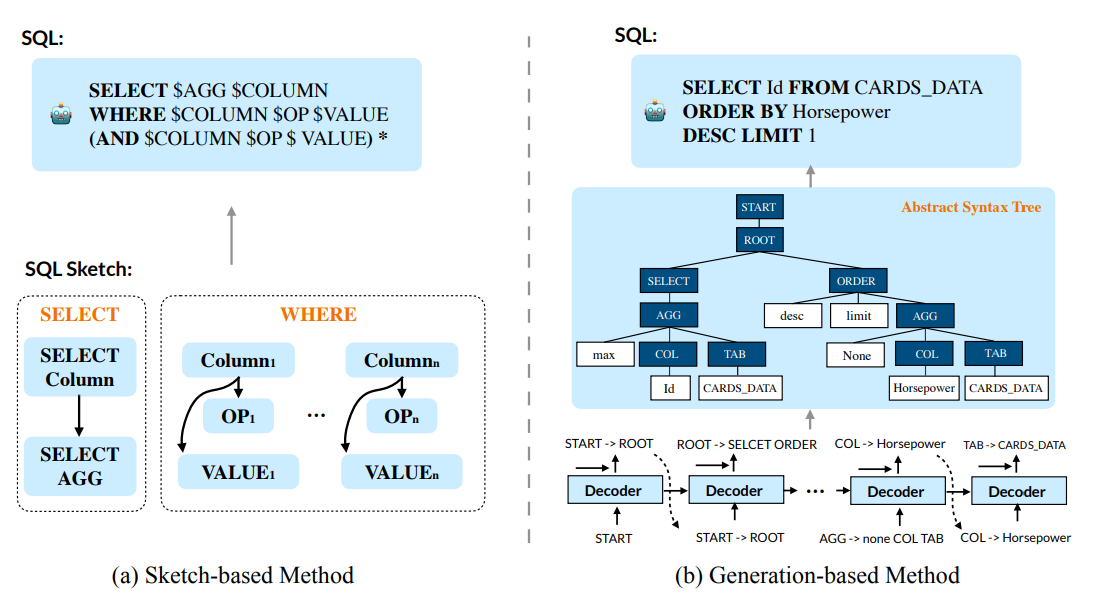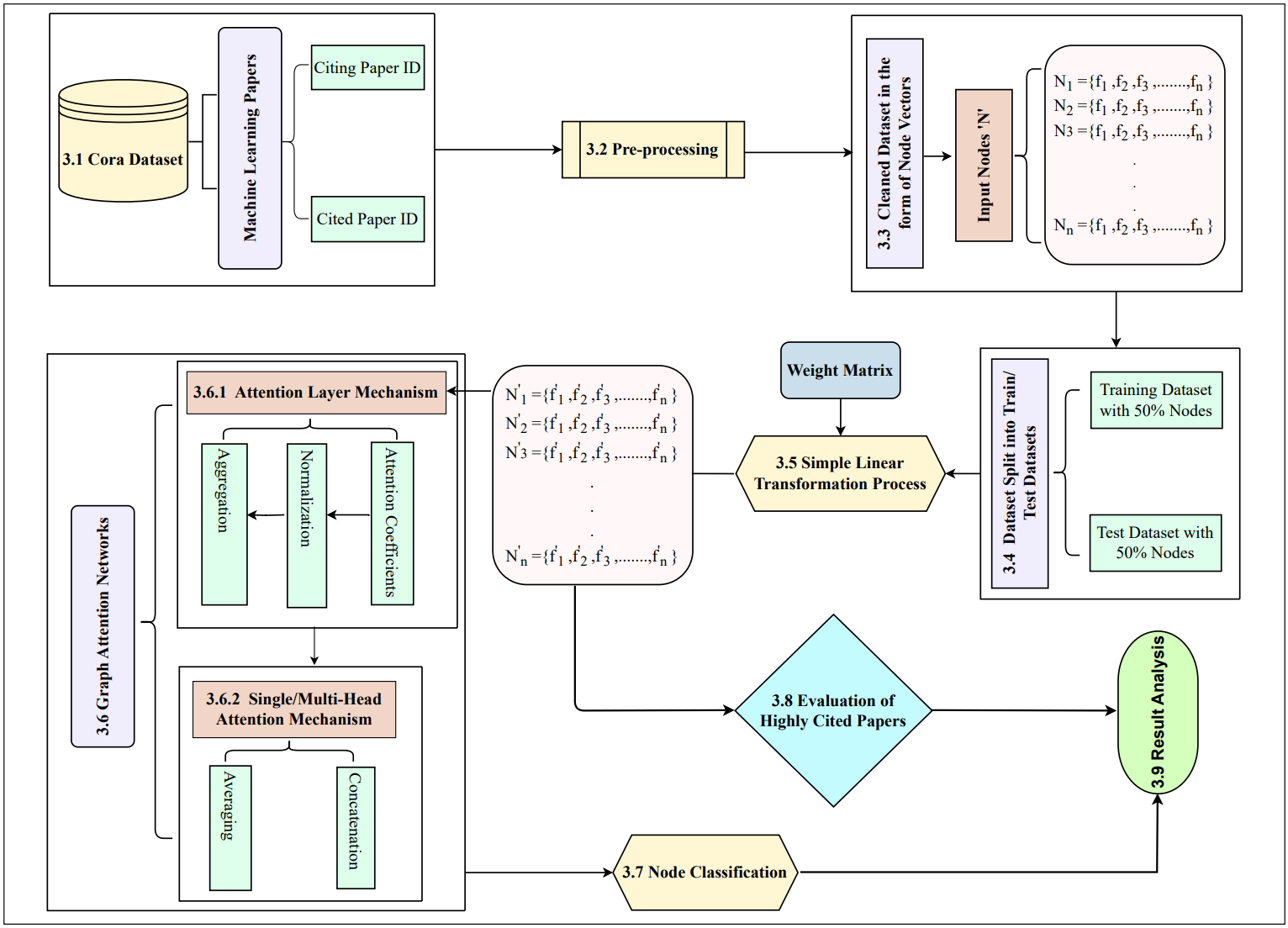ICCK Transactions on Advanced Computing and Systems | Volume 2, Issue 1: 1-24, 2025 | DOI: 10.62762/TACS.2025.497935
Abstract
This literature review examines the state of Text-to-SQL technology, which translates natural language queries into SQL. It analyzes rule-based, neural, and hybrid approaches, assessing their strengths and weaknesses, and surveys commonly used datasets, benchmarks, and evaluation metrics. The study identifies research gaps concerning generalization, scalability, and interpretability, and suggests integrating user feedback and domain knowledge. To better understand the implementation and potential improvements of machine learning in this domain, we conducted a systematic literature review (SLR) of publications from 2015 to 2023. From 439 gathered papers, 23 were identified as highly relevant.... More >
Graphical Abstract



